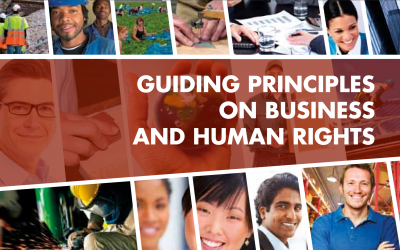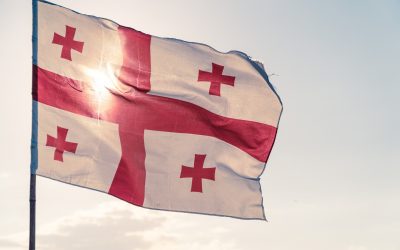Non-State remedy is any form of remedy not administered or overseen by government bodies or judicial systems. Non-State remedy encompasses a wide variety of processes and mechanisms overseen by a number of different actors, including businesses, industry organizations, financial institutions, international organizations, and private mediators.
A few avenues for non-State remedy include:
Business Mechanisms
Businesses may offer access to remedy through grievance mechanisms. They may also offer non-judicial arbitration, settlements, guarantees of non-repetition, mediation, or other private remedies.
Regional Human Rights Bodies
Regional human rights bodies — such as the Council of Europe and the European Union — maintain mechanisms for receiving and reviewing complaints of business-related human rights abuses. The European Court of Human Rights reviews cases where the State failed to adequately prevent or address human rights abuses perpetrated by a third party, such as a business enterprise.
See our page on legal frameworks for more information.
International Human Rights Bodies
International human rights bodies, such as UN treaty bodies, have varying roles and mandates. Many bodies can receive and report on individual complaints and/or notify branches of the UN about human rights abuses. These bodies may seek responses from States and pressure them to comply with human rights norms. However, UN bodies do not in and of themselves provide victims with access to compensation and remedy, although they may support victims in their search for remedy.
See our page on legal frameworks for more information.
Financial Institution Complaints Mechanisms and Ombudspersons
Many investors and financial institutions, such as the European Bank for Reconstruction and Development, require their clients to comply with certain environmental, social, and governance (ESG) standards. While exact standards vary by institution, investors may require clients to:
- Conduct environmental and social impact assessment
- Hold public participation and community consultations
- Have a policy commitment to environmental protection and/or other human rights topics
- Etc.
These investors typically have a complaints mechanism for severe cases of human rights abuse. The International Finance Corporation, for instance, has an ombudsman that oversees complaints. Up to this point, actual responses have been spotty. Even in cases where communities have complained for years about adverse impacts, investors have rarely intervened. However, this trend is starting to change, and investors are starting to pull from projects due to failure to comply with human rights standards. For example, the Danish Export Credit Agency withdrew investment from the Teghout mine (Armenia) over damages to the community and environment.
OECD National Contact Points
The OECD Guidelines for Multinational Enterprises are actively monitored and supported by National Contact Points (NCPs), which according to the OECD are “agencies established by adhering governments to promote and implement the Guidelines. NCPs assist enterprises and their stakeholders to take appropriate measures to further the implementation of the Guidelines. They also provide a mediation and conciliation platform for resolving practical issues that may arise.” Importantly, NCPs are mandatory for OECD member states, not voluntary.
Actual implementation and case management vary drastically between states, and as of yet there is no review mechanism that can attribute wrongful conduct to a member state if its NCP does not meet standards. Additionally, the complaint process is “complicated and uncertain,” and relatively few cases have been resolved. NCPs do not have guidelines for cooperating with one another or deciding jurisdiction when a case crosses national boundaries.
See our page on key instruments and the Danish Institute for Human Rights’ page on National Contact Points for more information.




